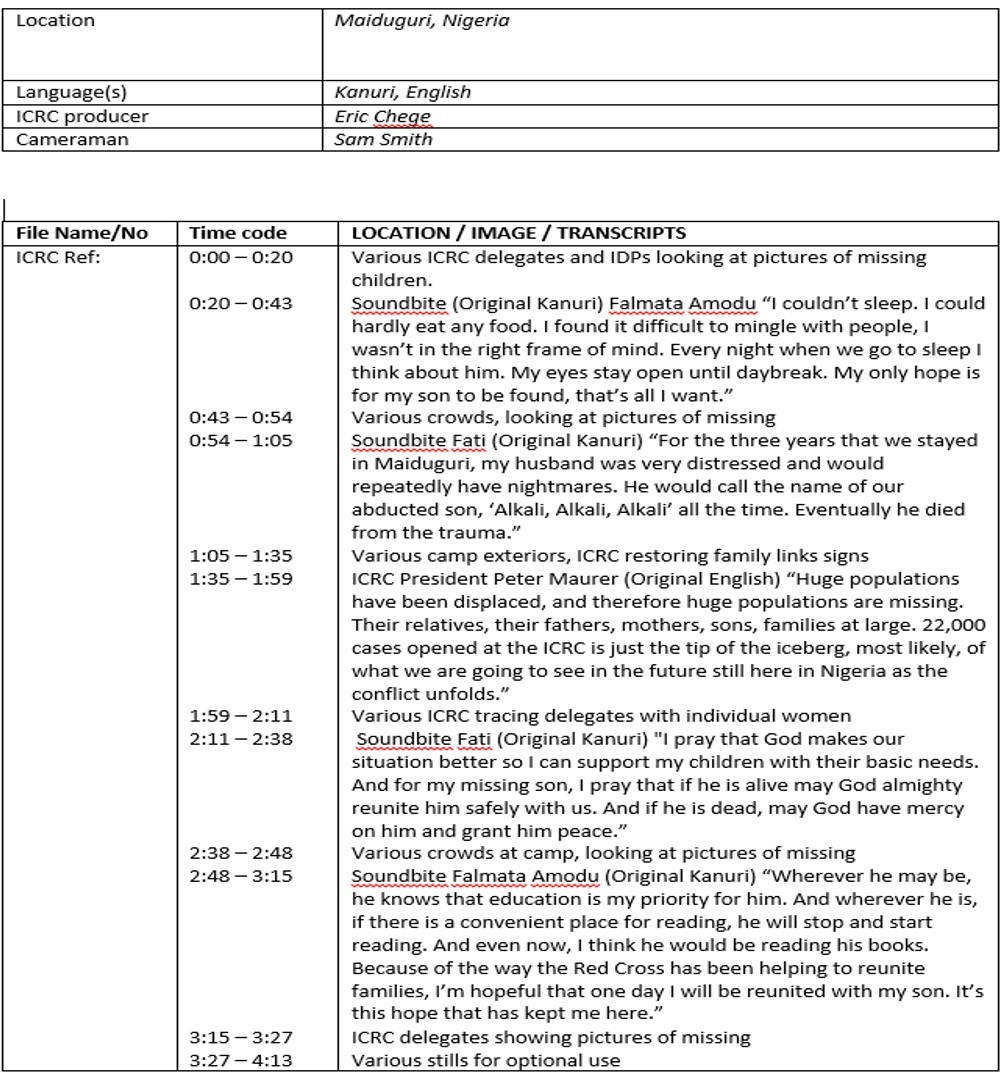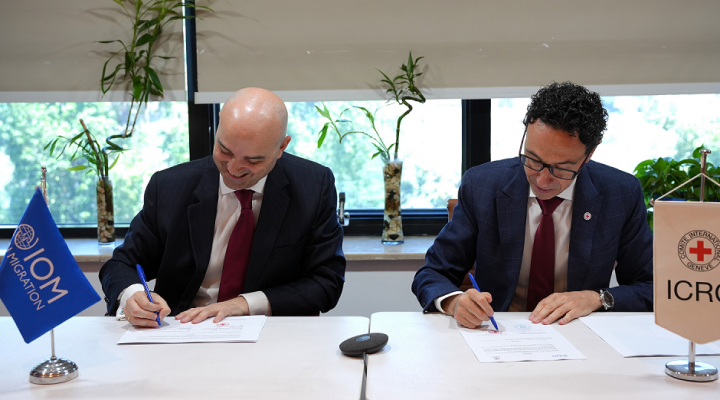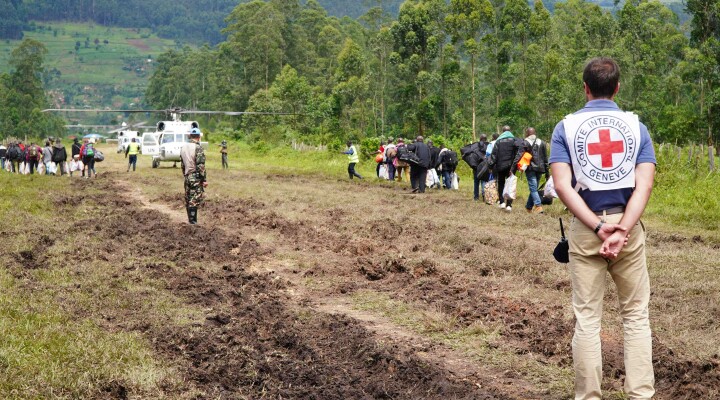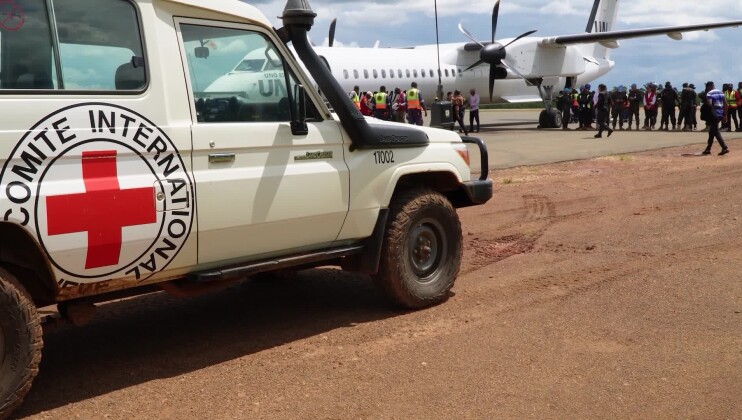Nigeria: Thousands Of Missing Children, Thousands Of Desperate Parents
This is a modal window.
Losing a child is the worst thing that can happen to a parent. In northeast Nigeria, which has now suffered a decade of conflict, almost 22,000 people have been registered missing with the ICRC. Many of them are children. Now desperate mothers and fathers hope the ICRC may have news of their loved ones. Falmata lost her son six years ago when her village was attacked. He was just ten years old at the time.
“I couldn’t sleep. I could hardly eat any food” she remembers. “I found it difficult to mingle with people, I wasn’t in the right frame of mind. Every night when we go to sleep I think about him. My eyes stay open until daybreak. My only hope is for my son to be found, that’s all I want.”
Waiting, and not knowing, takes a terrible toll on the families of the missing. Sometimes they feel they cannot carry on themselves. Fati’s son disappeared five years ago, he was abducted when their village was attacked. Then, Fati lost her husband too.
“For the three years that we stayed in Maiduguri, my husband was very distressed and would repeatedly have nightmares,” she says. “He would call the name of our abducted son, ‘Alkali, Alkali, Alkali’ all the time. Eventually he died from the trauma.”
Gubio camp in northeast Nigeria houses almost 28,000 displaced people. It is just one of many camps in the region: hundreds of thousands have had to flee their homes.
The ICRC is working hard to try to find the missing, and, where possible, unite separated families. But, ICRC President Peter Maurer warns, the 22,000 cases the ICRC already knows about may only be the beginning.
“Huge populations have been displaced, and therefore huge populations are missing,” he says. “Their relatives, their fathers, mothers, sons, families at large. 22,000 cases opened at the ICRC is just the tip of the iceberg, most likely, of what we are going to see in the future here in Nigeria as the conflict unfolds.”
Tracing the missing and reuniting families is about more than just taking down details. The ICRC provides counselling and mental health support for parents trying to cope with the trauma of not knowing what has happened to their child.
Fati is still waiting. Her missing son, if he is alive, would be 19 now.
"I pray that God makes our situation better so I can support my children with their basic needs” she says. “And for my missing son, I pray that if he is alive may God almighty reunite him safely with us. And if he is dead, may God have mercy on him and grant him peace.”
Thousands of parents share this torment. And none of them, as Falmata explains, will ever give up looking, and hoping, until they know for certain what has happened to their children.
“Wherever he may be, he knows that education is my priority for him. And wherever he is, if there is a convenient place for reading, he will stop and start reading. And even now, I think he would be reading his books. Because of the way the Red Cross has been helping to reunite families, I’m hopeful that one day I will be reunited with my son. It’s this hope that has kept me here.”
KEY FACTS
- Nigeria has the highest caseload of missing people that the ICRC is actively searching for in the world.
- Nearly 60 percent of the caseload were minors at the time they went missing.
- The ICRC has solved 367 cases, which highlights the challenges of reconnecting families in Nigeria. Large swathes of the northeast of the country remain completely inaccessible to humanitarian organisations. People have also been displaced by fighting many times, making them harder to find.
- The ICRC considers someone as missing when a person reports to us that they are looking for a member of their family. This case remains open until either the Red Cross and Red Crescent network concludes what happened to the person, or the family reports back that they found their loved one.
For further information please contact:
- Vincent Pouget, Communication Coordinator, ICRC Abidjan, +2349087654206,vpouget@icrc.org
- Crystal Wells, Media Relations Delegate, ICRC Nairobi, +254716897265,cwells@icrc.org
- Aurélie Lachant, Public Relations Officer, ICRC Geneva, +41792446405,alachant@icrc.org
Shotlist




